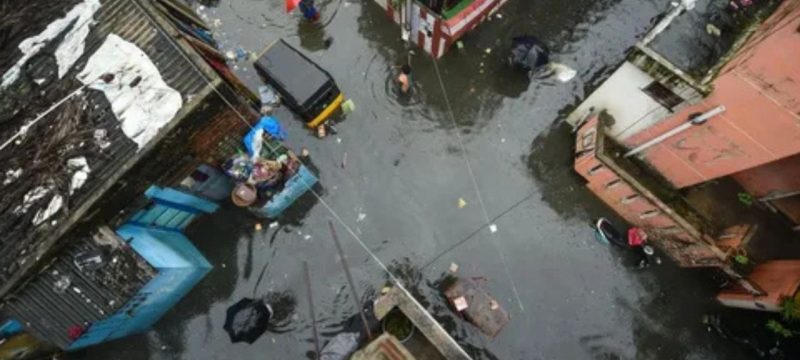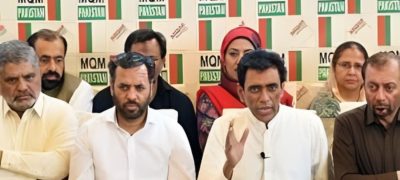Recurrent flooding has once again raised alarm among citizens’ bodies in different parts of the country. Community representatives say the recurring disasters are not only destroying infrastructure but also leaving people vulnerable to health risks and economic losses. The growing intensity of monsoon rains has brought repeated devastation, and the issue of recurrent flooding is now viewed as one of the most pressing urban challenges.
Local organizations point out that poor drainage systems, rapid urbanization, and climate change are compounding the crisis. This year alone, several regions have faced back-to-back disasters, forcing thousands of families to abandon their homes. In many cases, roads and bridges have been washed away, cutting off entire neighborhoods from relief services. According to a recent update, Pakistan’s monsoon floods in 2025 have already claimed dozens of lives.
Citizens’ bodies are alarmed over recurrent flooding
Citizen groups warn that the scale of damage will only worsen unless proper preventive measures are taken. They argue that timely investments in infrastructure and coordinated disaster management are needed to protect vulnerable populations.
Key concerns raised include:
- Safety risks: Fatalities caused by collapsing roofs, electrocution, and waterborne diseases.
- Infrastructure damage: Washed-out roads, bridges, and drainage lines are disrupting daily life.
- Economic impact: Families losing livelihoods, crops, and businesses due to prolonged waterlogging.
- Health crisis: Outbreaks of malaria, dengue, and skin infections following stagnant water.
- Displacement: Entire communities are forced to relocate temporarily due to recurrent flooding.
Community leaders stress that these challenges are not isolated events but a recurring cycle. They argue that authorities need to engage more with citizens’ bodies to develop long-term solutions.
Experts suggest that better urban planning, strict regulation of construction in flood-prone zones, and investment in early warning systems could significantly reduce the risks. Awareness campaigns are also being encouraged so that citizens are better prepared during emergencies.
While short-term relief operations continue, the long-term focus, according to civic representatives, must remain on breaking the cycle of recurrent flooding. Without structural reforms and stronger disaster management systems, they warn that the same tragedies will repeat in future monsoon seasons.







